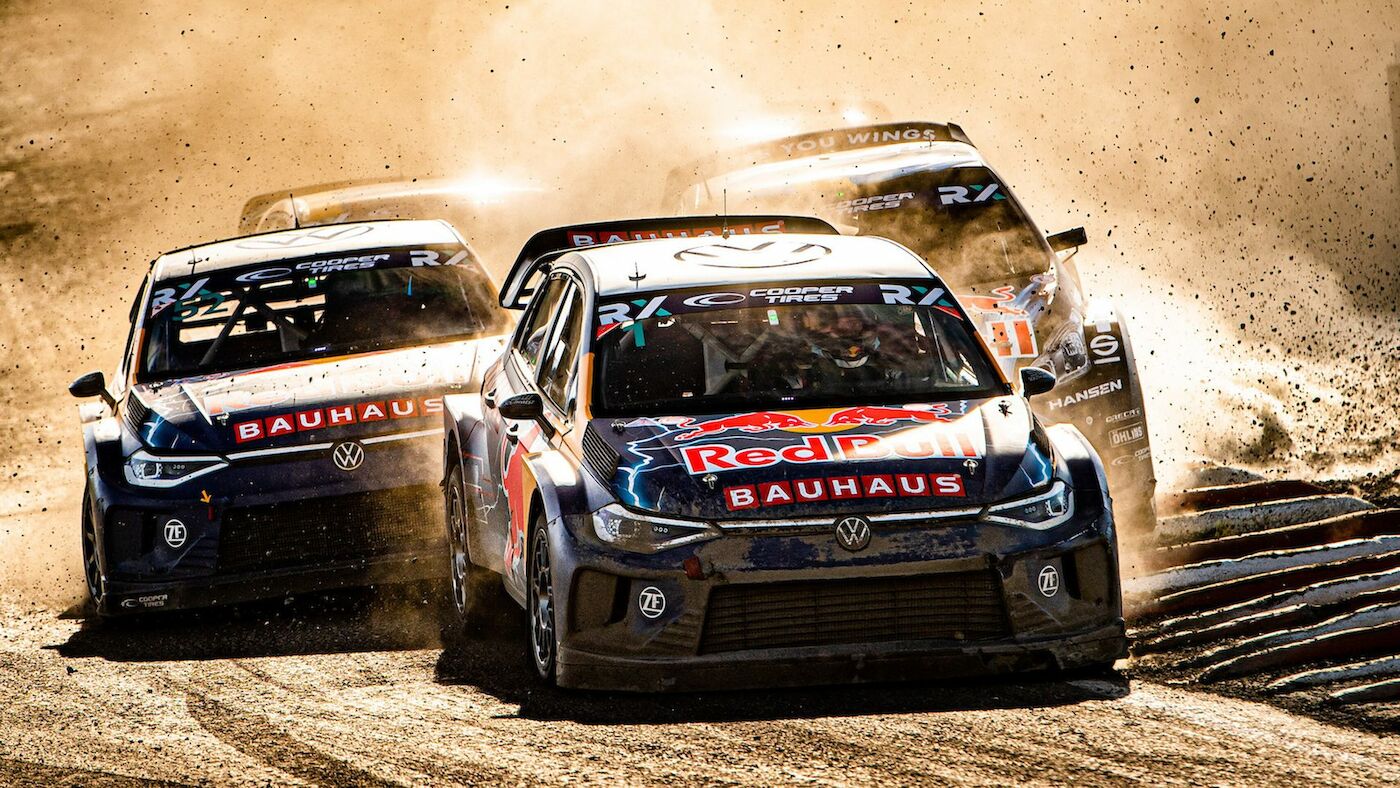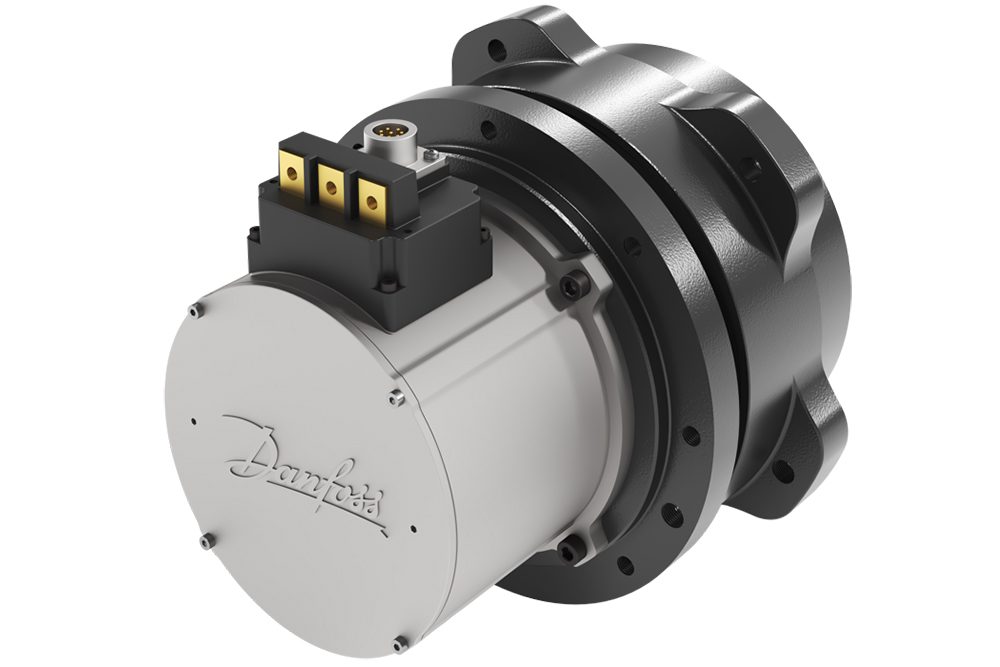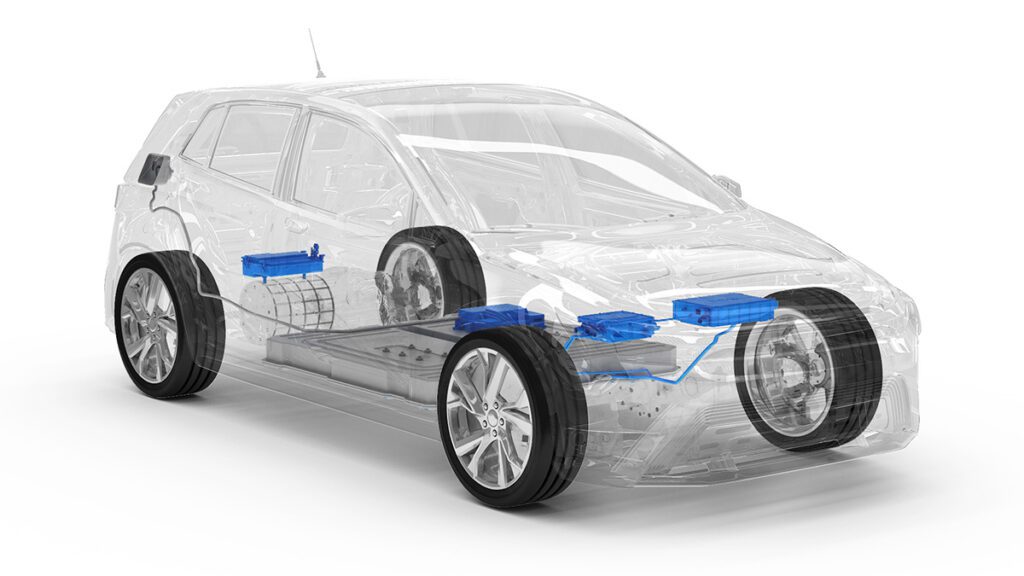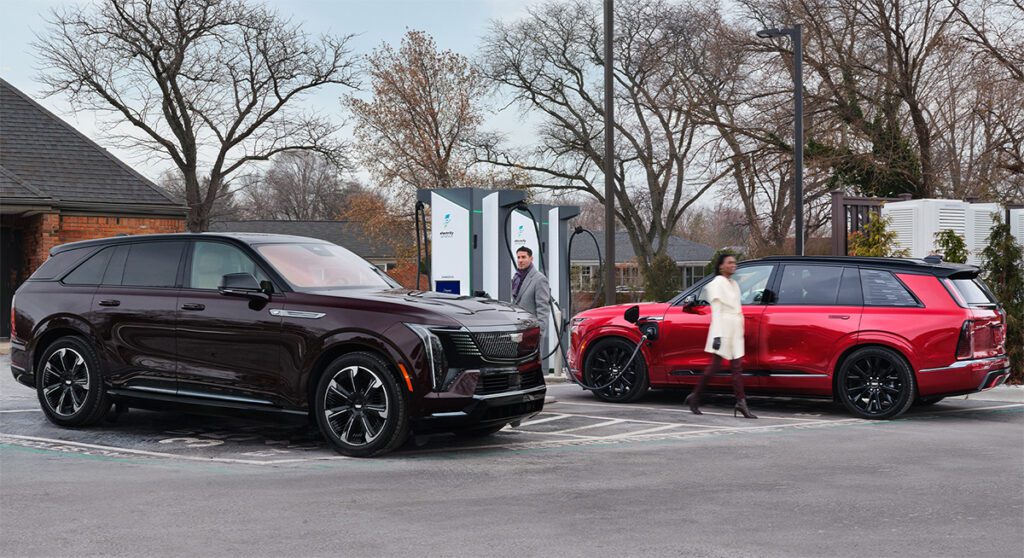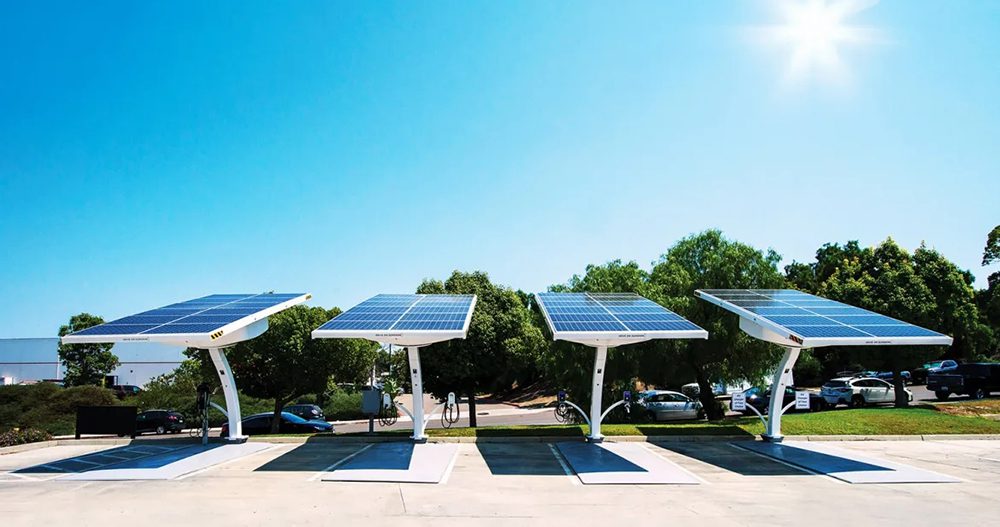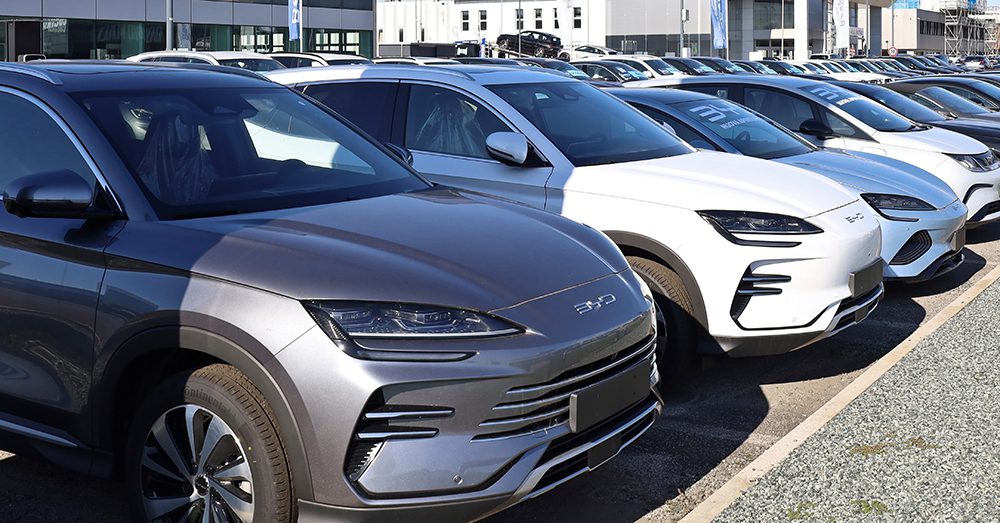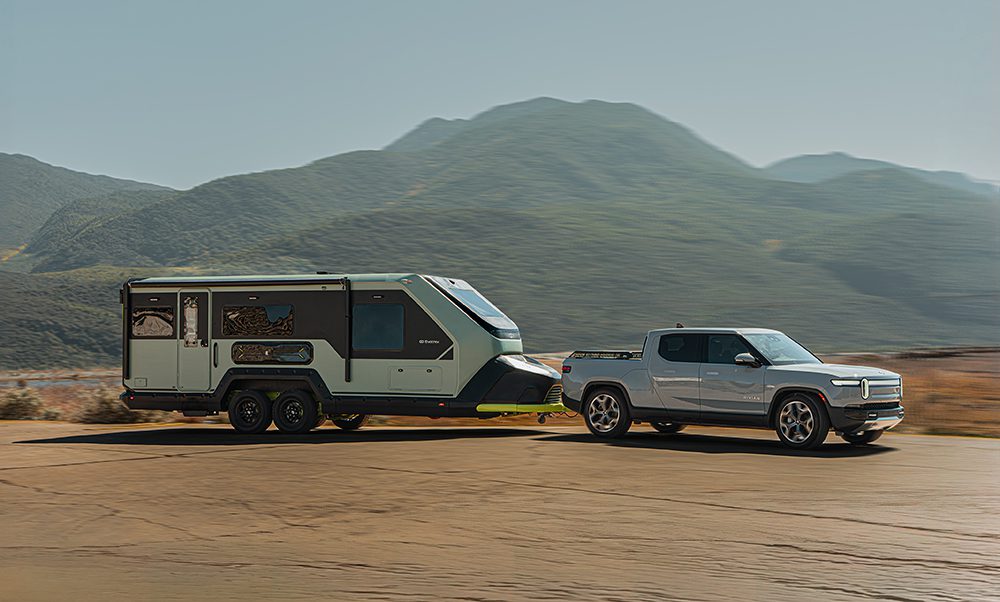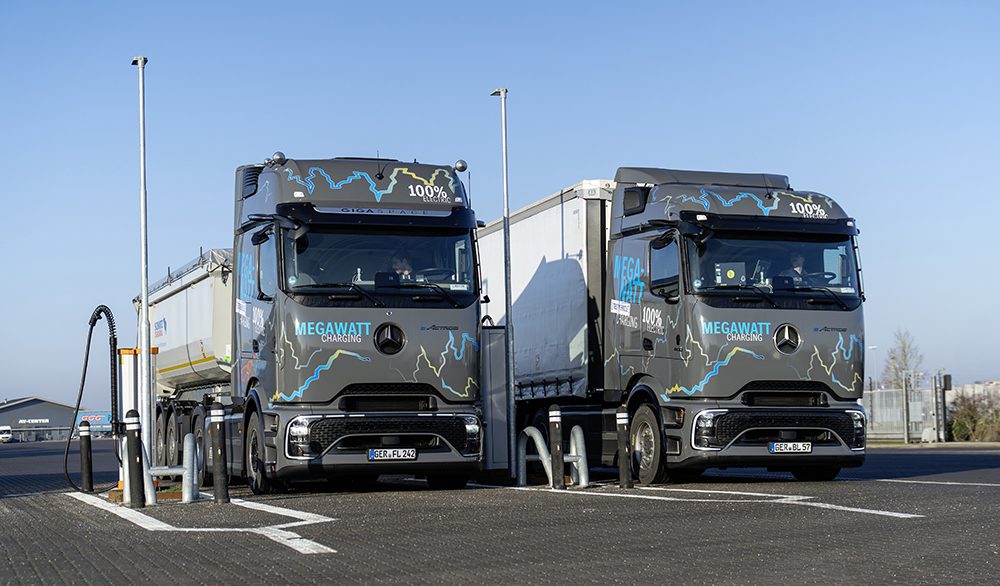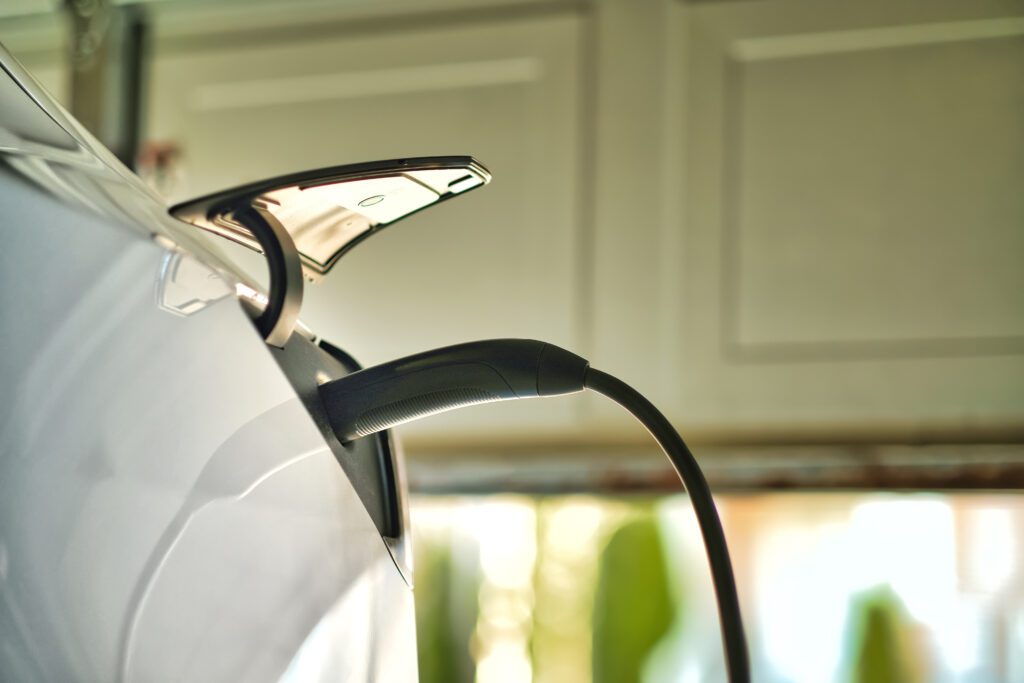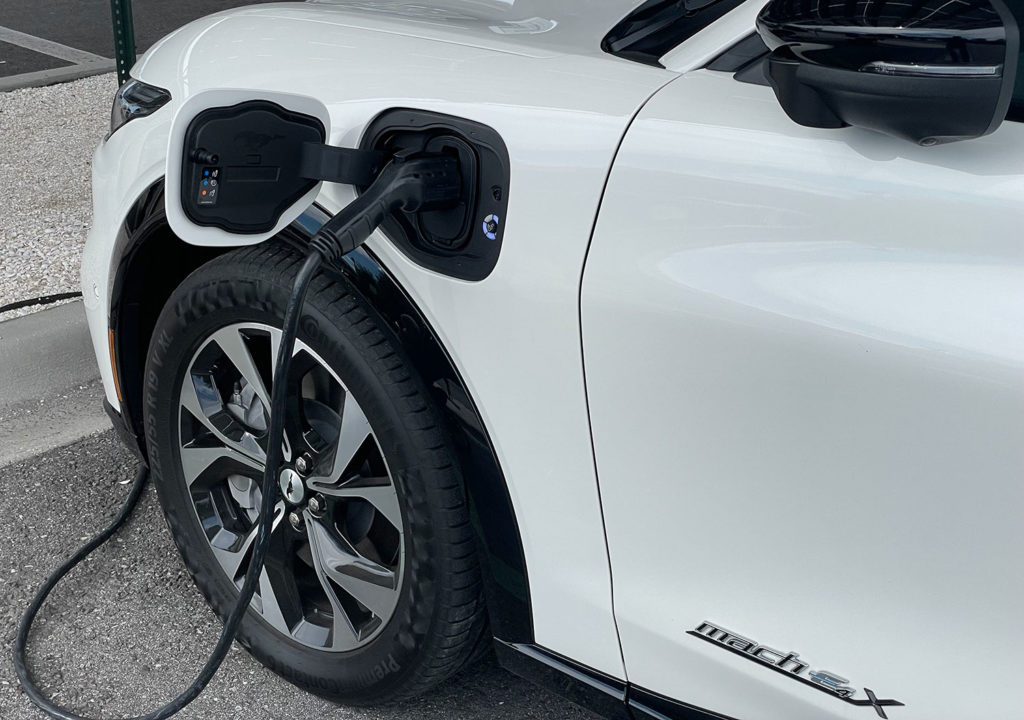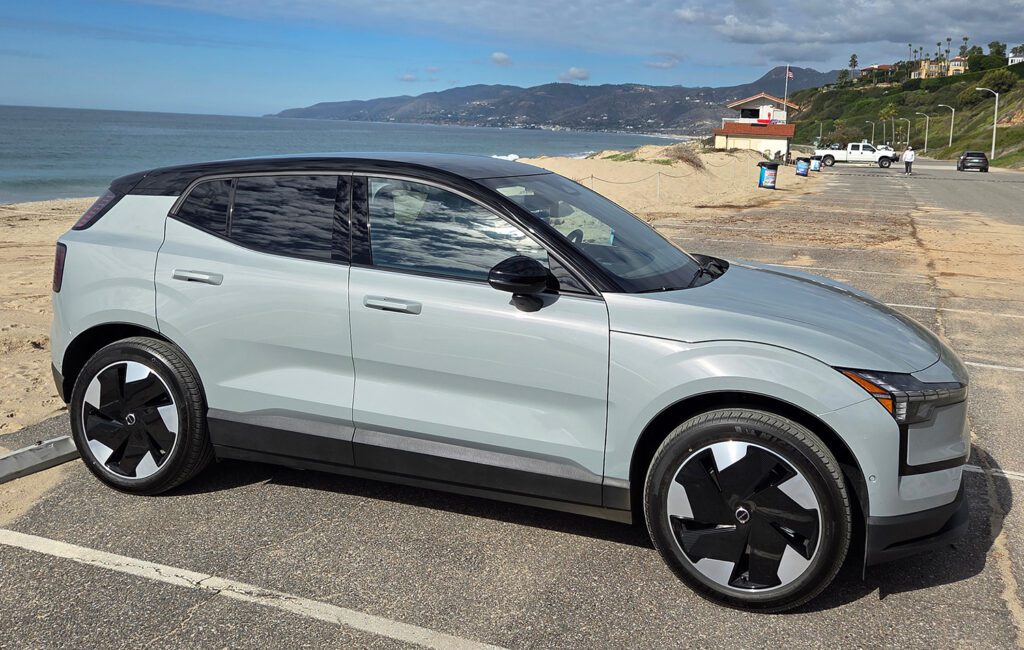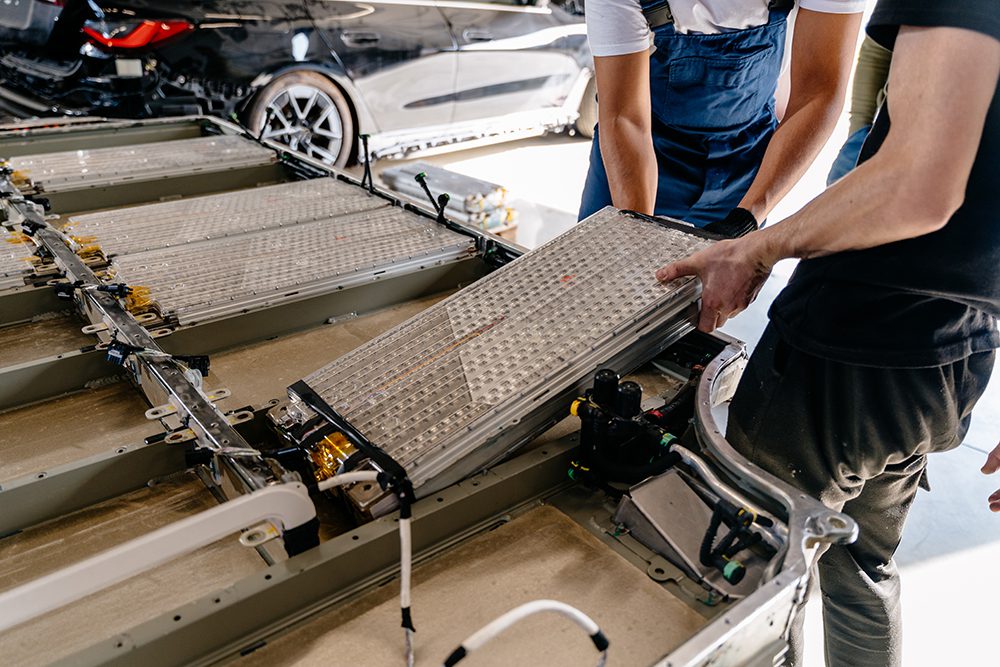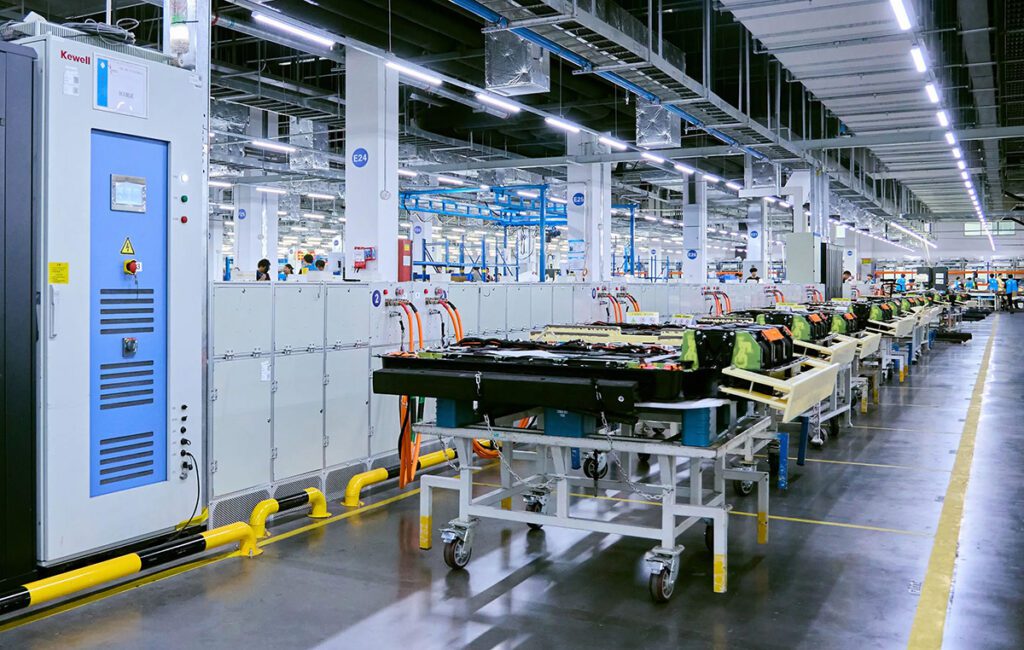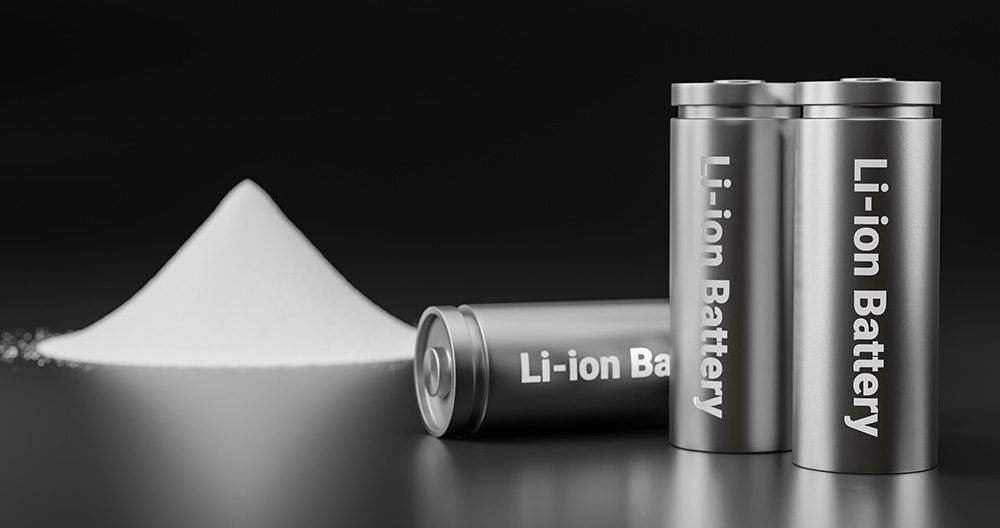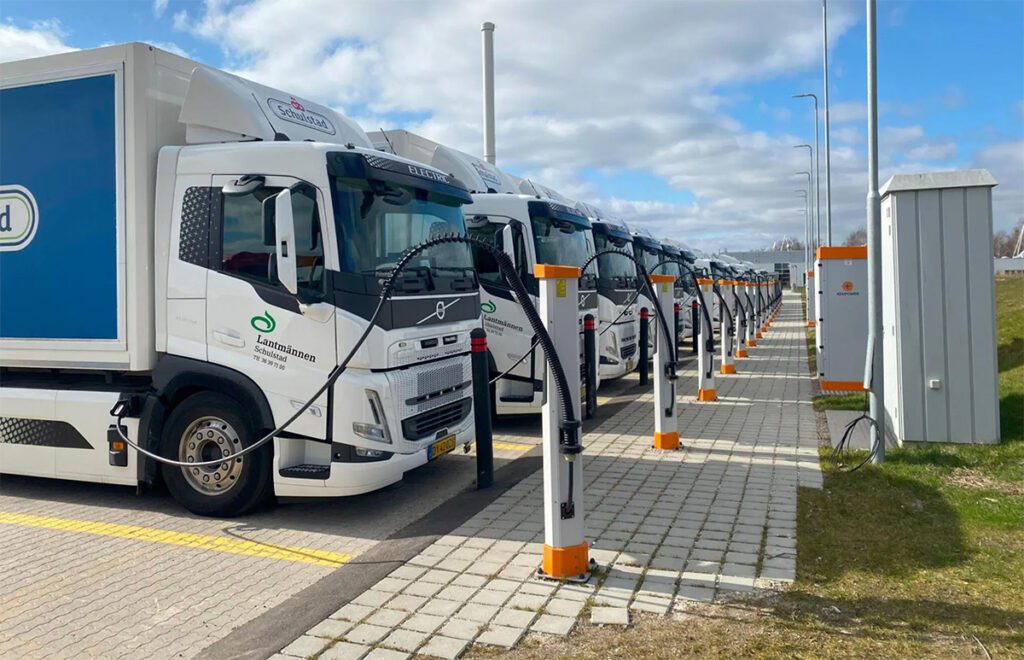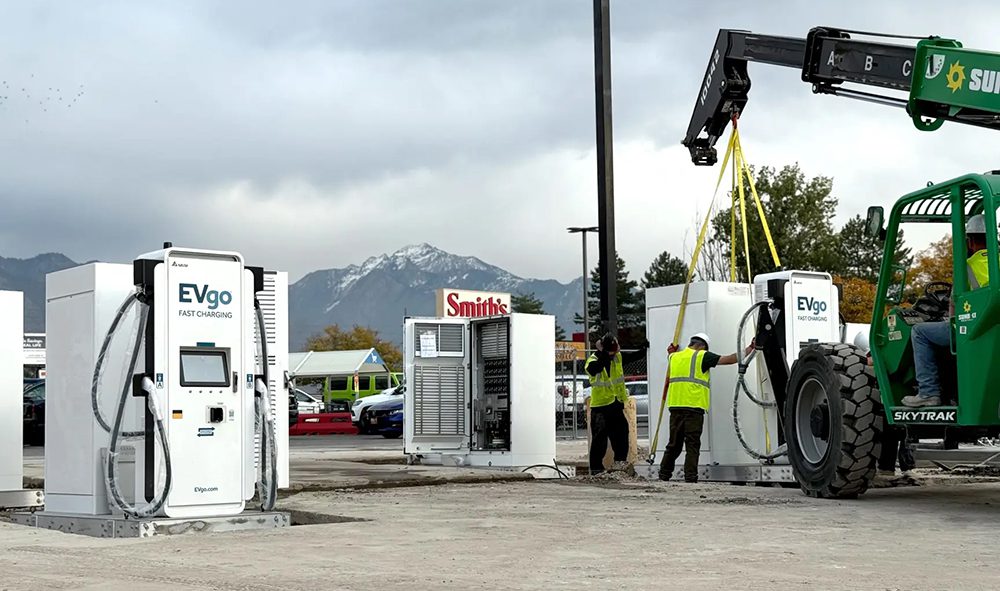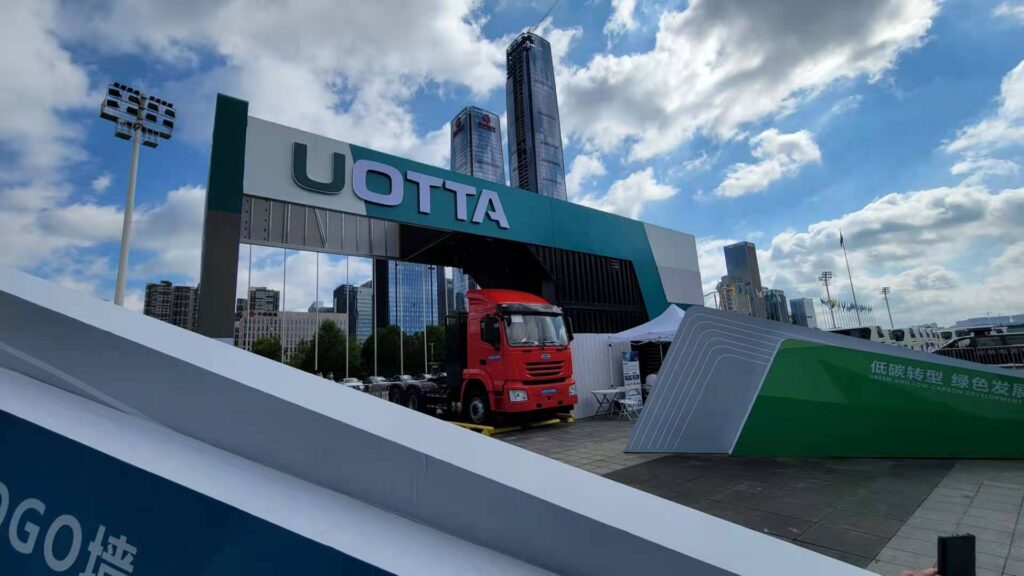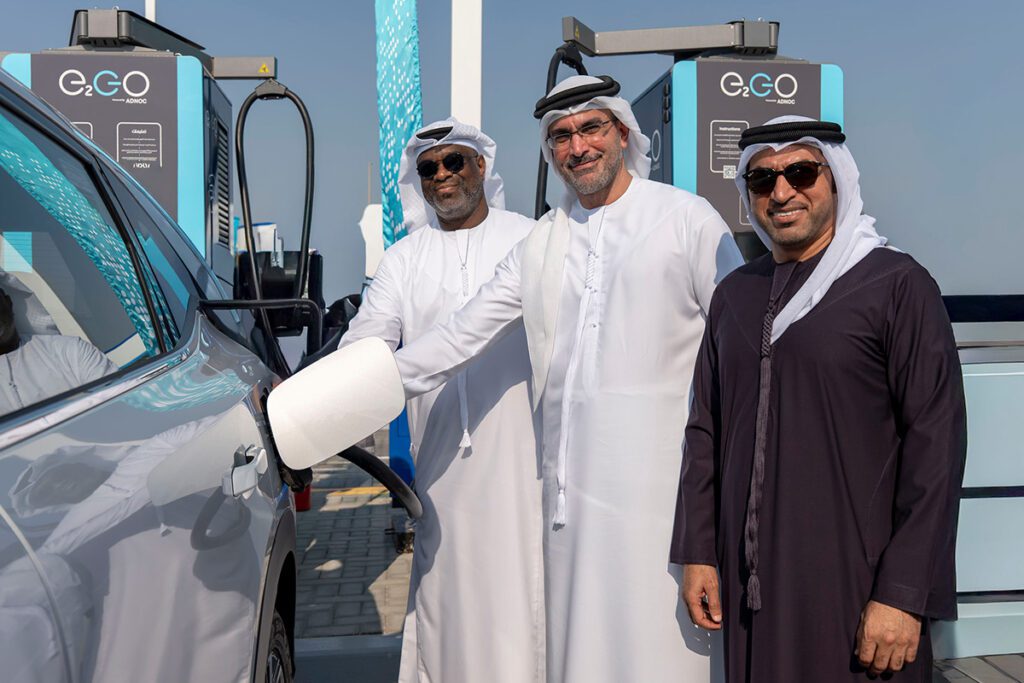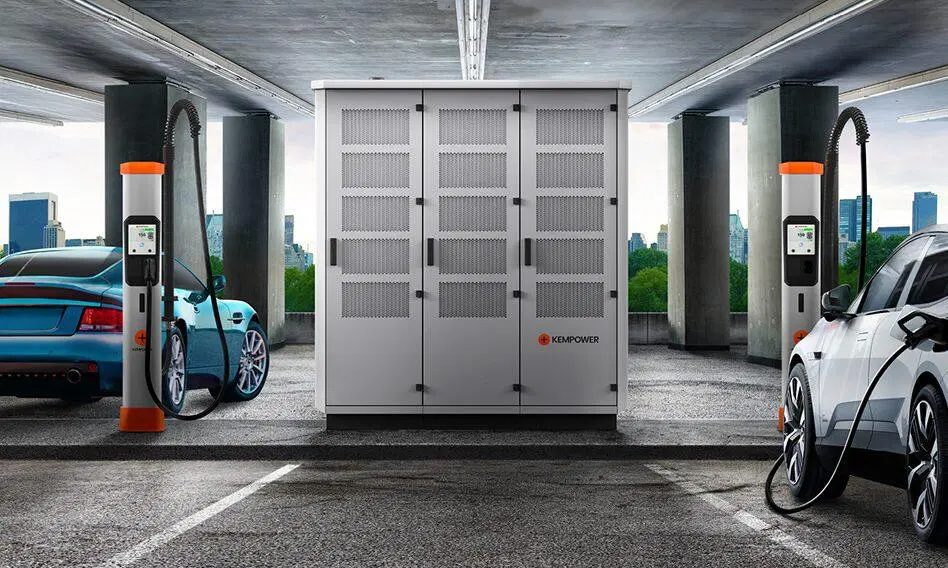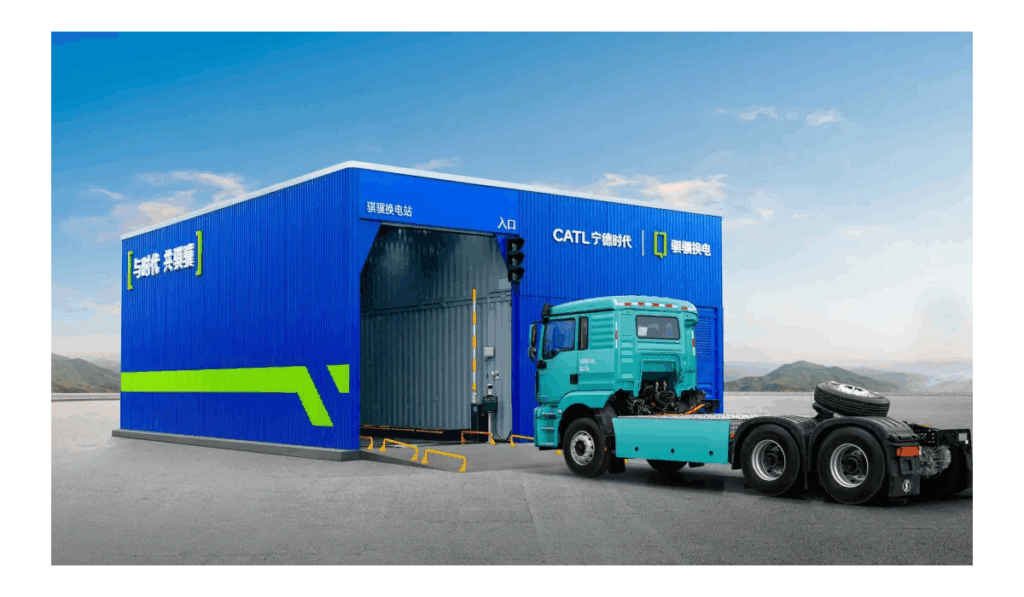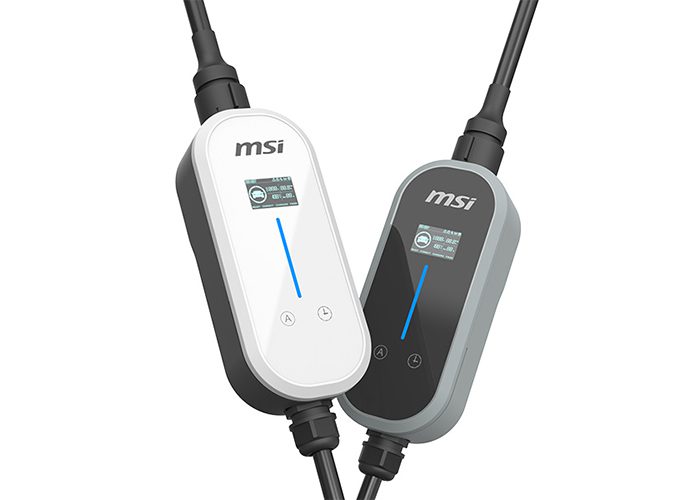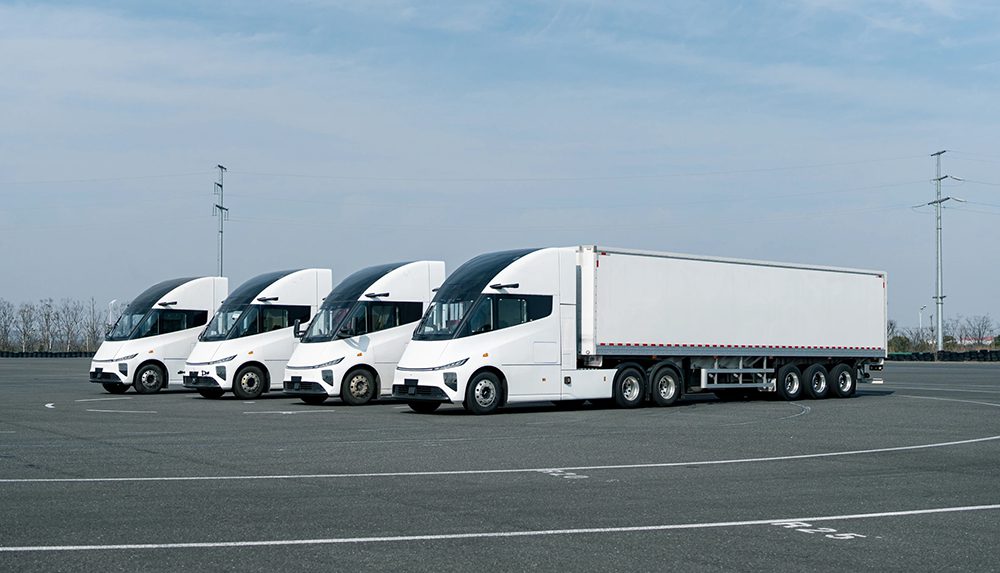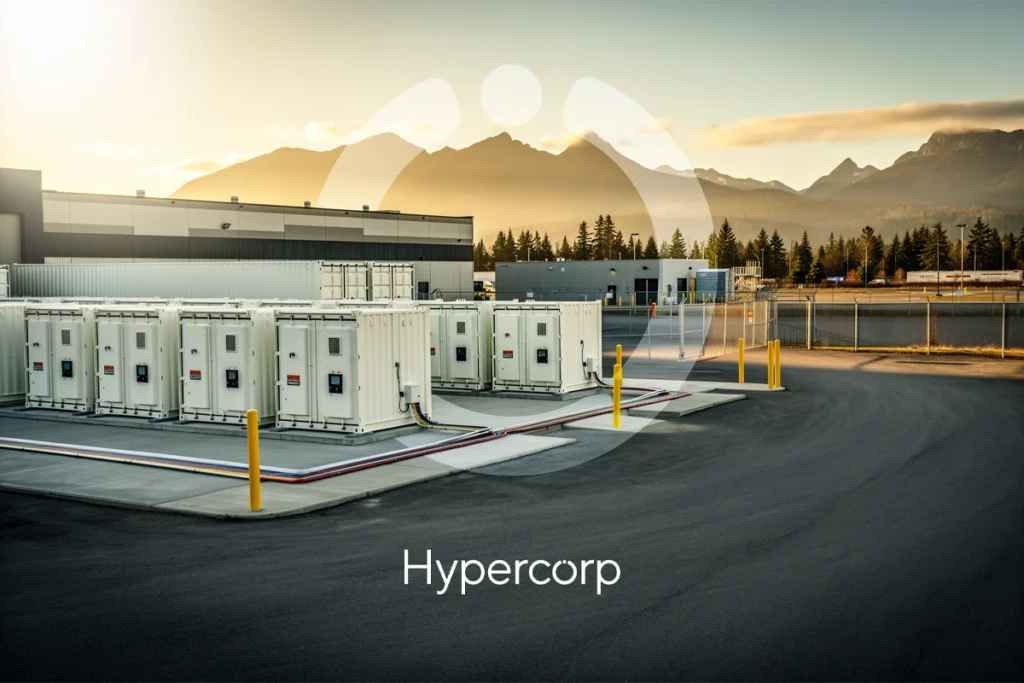EVs have firmly established themselves in the racing world—Formula E has been delivering thrills for eight seasons now, and the more rough-and-tumble Extreme E is midway through its second season. Electric racers, both 4-wheeled and 2-wheeled, have distinguished themselves at the yearly Pikes Peak Hill Climb. Teslas have been shaking up the street racing subculture.
However, as far as we know, no major championship has converted itself from fossil fuel to electrons—until now.
Rallycross racing has been a thing for over 50 years, and the FIA-accredited World Rallycross (RX) championship has existed since 2014. Now, as James Morris writes in Forbes, World RX has “ditched dinosaur juice and chosen a fully electrified future.” The inaugural all-electric World RX race recently took place in Hell, Norway.

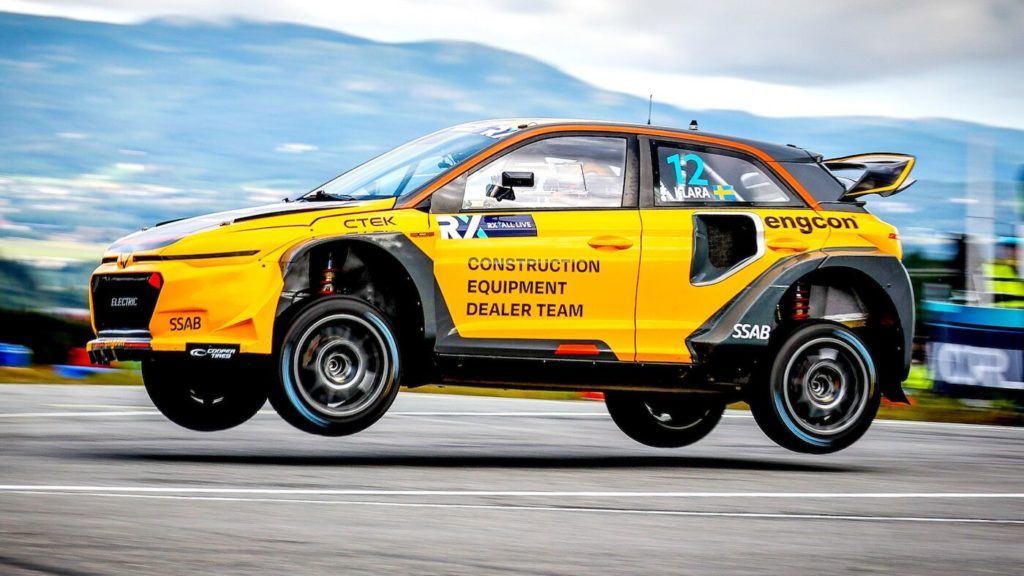
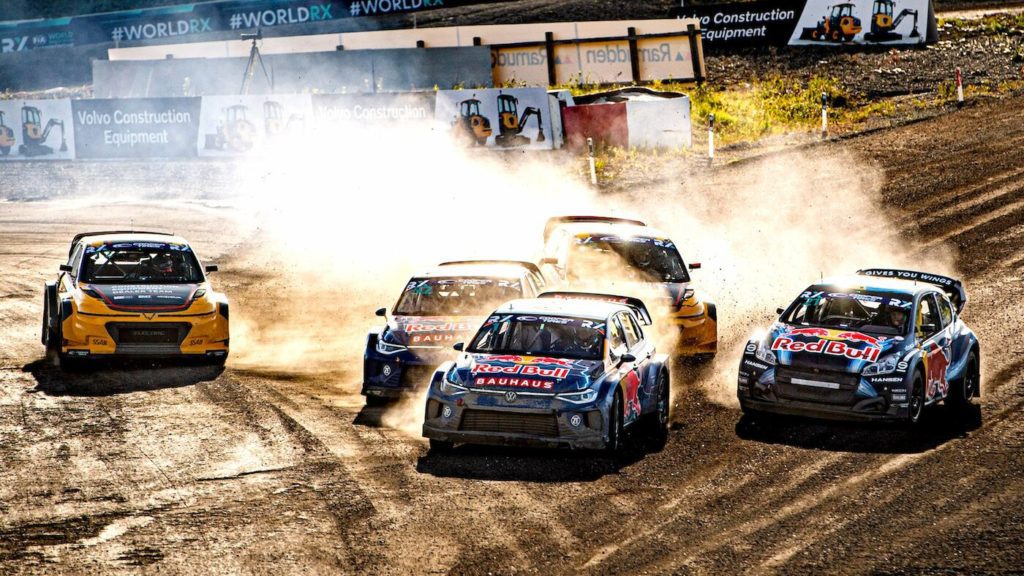
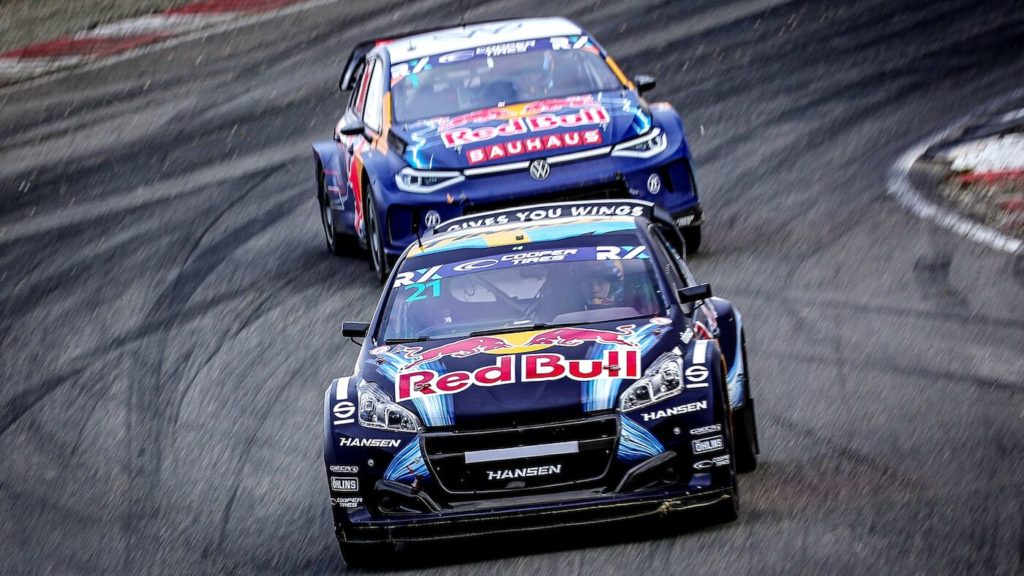
Rallycross is considered a hybrid of offroad rally driving and on-track racing—the courses include both tarmac and gravel sections, and they’re full of sharp turns and hills. Each race is short—only a few laps—and massive acceleration is required. This, of course, makes Rallycross a perfect use case for EVs.
Morris reports that the drivers are finding the new electric racers to be much faster than the old ICE ones, and none seem to want to go back. The RX1e car does 0-62 mph in under two seconds, making it quicker than a current Formula 1 racer.
The cars all use an all-wheel-drive powertrain supplied by the Austrian firm Kreisel Electric. The 52 kWh battery pack only weighs 330 kg (total car weight is around 1,400 kg), and the motors deliver 500 kW of power (680 hp) and a massive 880 Nm of torque. A cooling system using dieletric fluid can be supplemented with a trackside conditioner (perhaps similar to the outboard liquid cooling system used by Formula E). World RX expects the packs to last for four years of racing.
Source: Forbes







